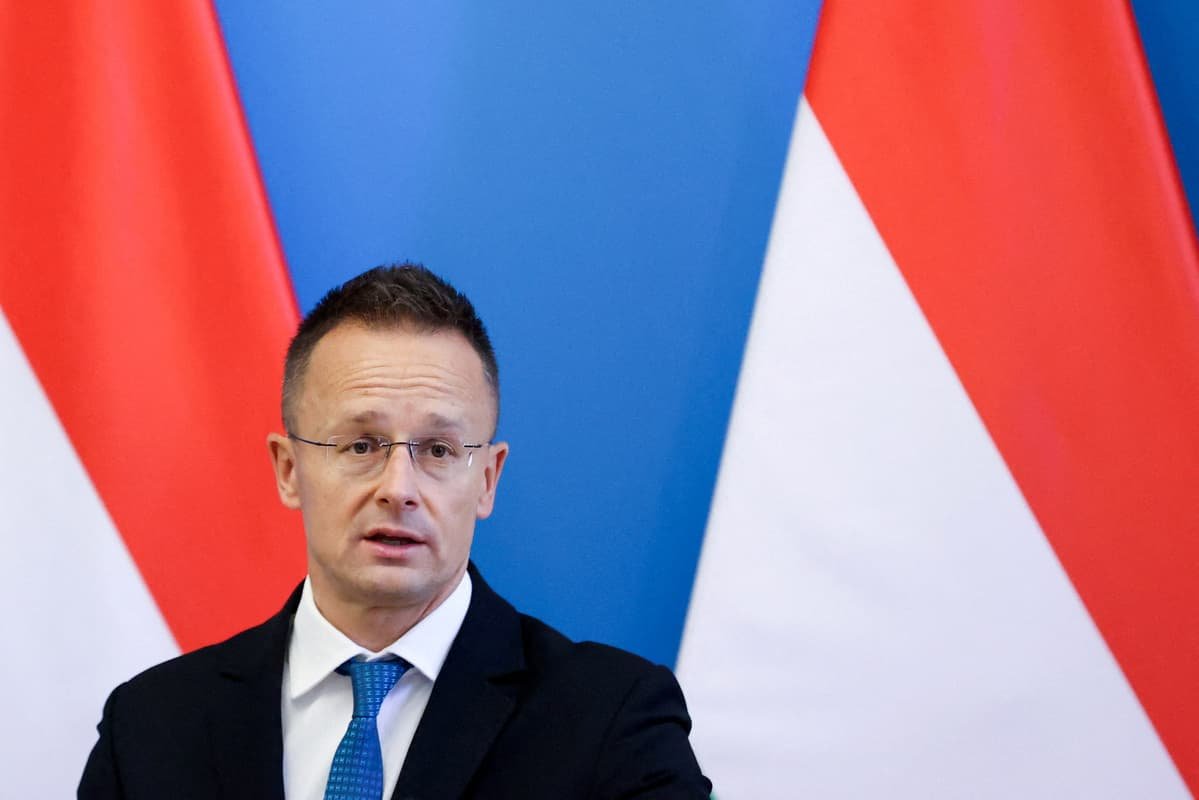Hungarian Foreign Minister Péter Szijjártó issued a strong rebuke on August 24, calling on Ukraine to immediately cease actions he claims threaten Hungary’s sovereignty, particularly in the realm of energy infrastructure. Posting on his Facebook page, Szijjártó condemned recent disruptions to the Druzhba oil pipeline, which supplies crude from Russia to Hungary, calling them “attacks on our energy security,” and therefore on Hungary’s sovereignty. He also accused Ukrainian President Volodymyr Zelensky of making veiled threats during an Independence Day address, asserting: “We call on Vladimir Zelensky to stop his threats against Hungary and not put our energy security at risk.”
The statement followed another disruption: Ukraine’s attack on a transformer at the Druzhba station earlier this month, which forced a halt in oil deliveries to both Hungary and Slovakia. Szijjártó condemned the incident as unacceptable, stressing that such disruptions constitute a breach of national security. Ukraine’s Foreign Ministry did not confirm responsibility for the strike but pointed Hungary to direct its complaints to Moscow, reiterating that Russia remains the main military aggressor in the conflict.
Szijjártó’s remarks reflect growing tension between Budapest and Kyiv over energy dependency, infrastructure attacks, and Hungary’s resistance to deeper alignment with European positions on Ukraine. He has repeatedly insisted that energy policy is a sovereign right, sounding alarm over Brussels’ attempts to steer Hungary’s energy decisions. In parallel, Szijjártó has described Hungarian sovereignty as incompatible with Ukraine-centric EU accession pressures or interference in internal affairs.
The spat deepens a fraught bilateral relationship. Just months earlier, Ukraine accused Hungary of operating espionage networks on its soil and engaged in tit-for-tat diplomatic expulsions amid mutual accusations. Ukraine also asserted that, should Hungary align with Russian-led blocs, it would be ready to fill Budapest’s place in EU and NATO. These charges underscore widening mistrust amid Hungary’s increasingly pro-Russian posture under Prime Minister Viktor Orbán.





